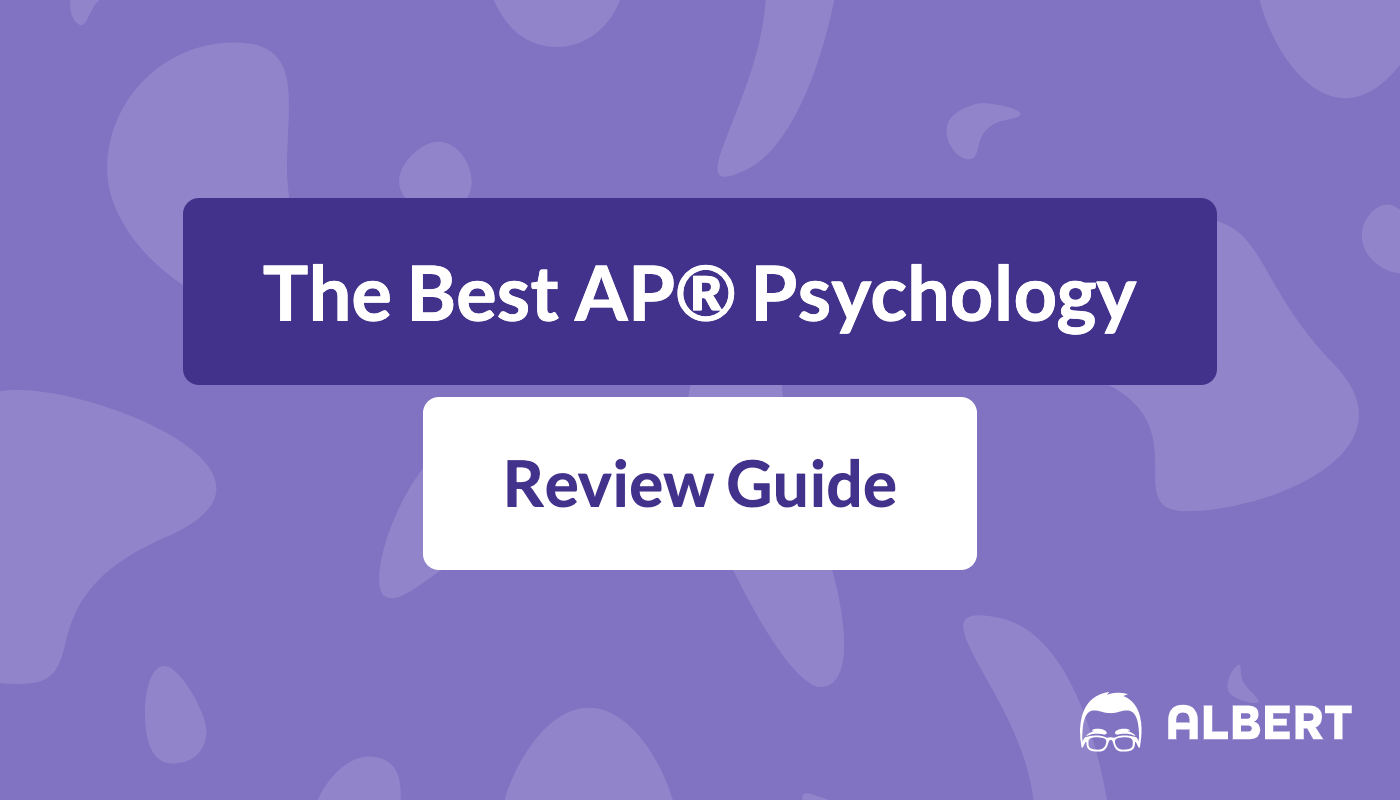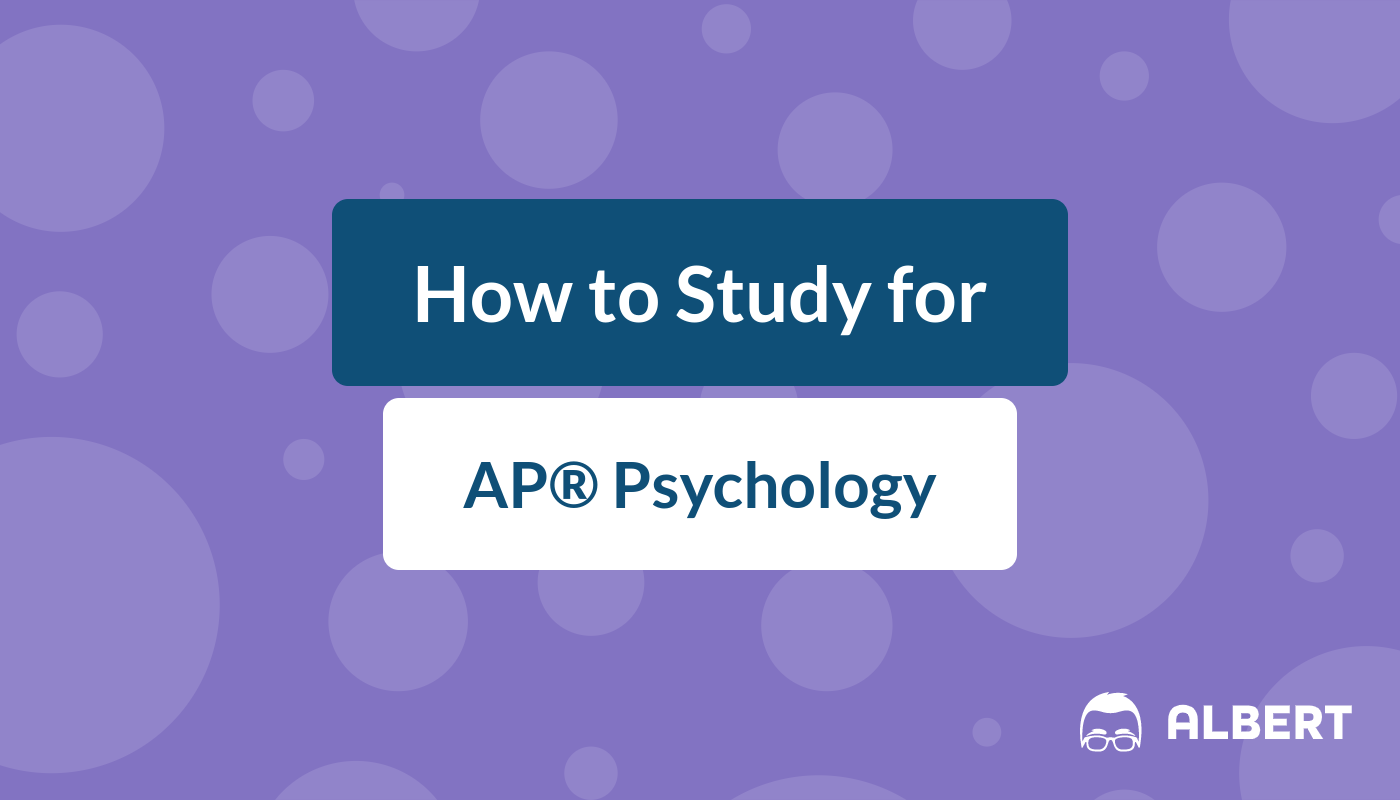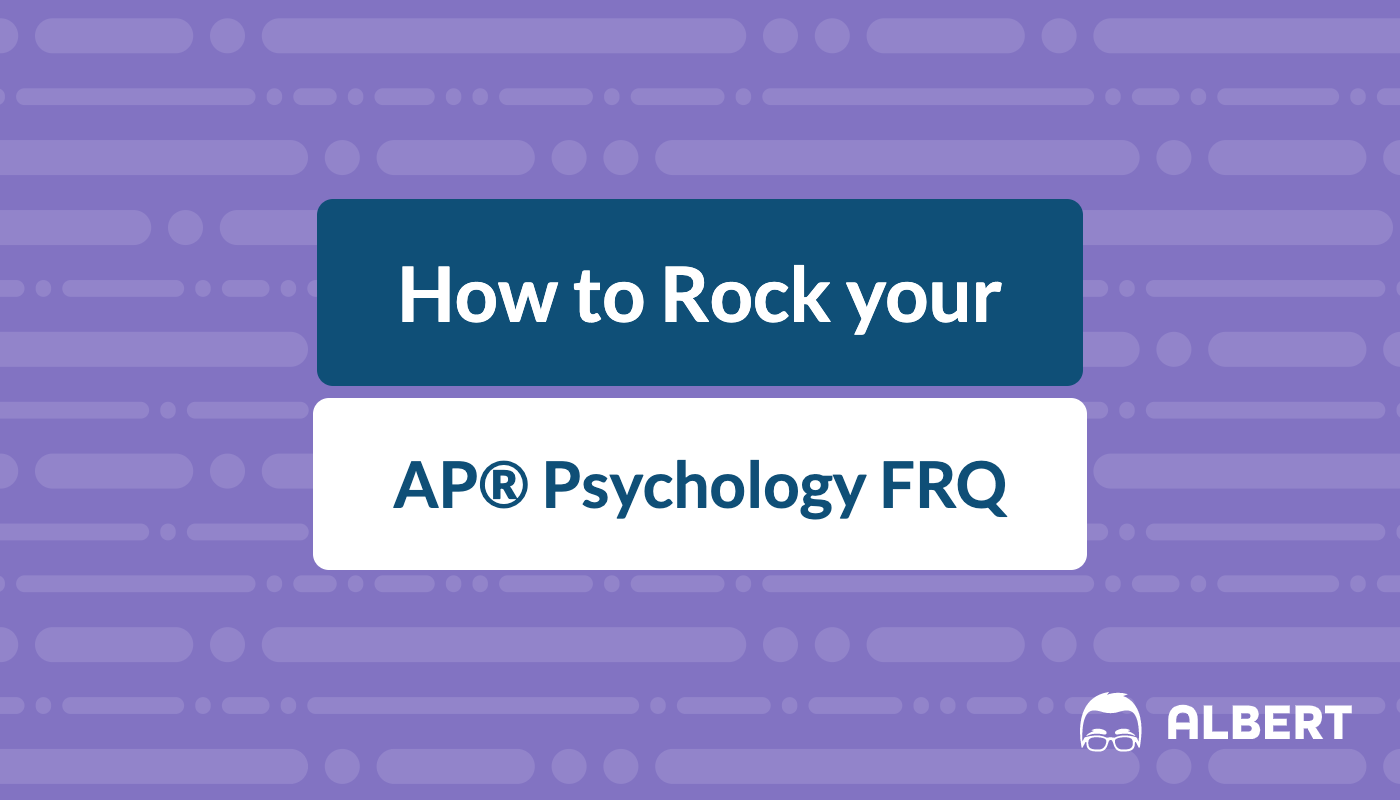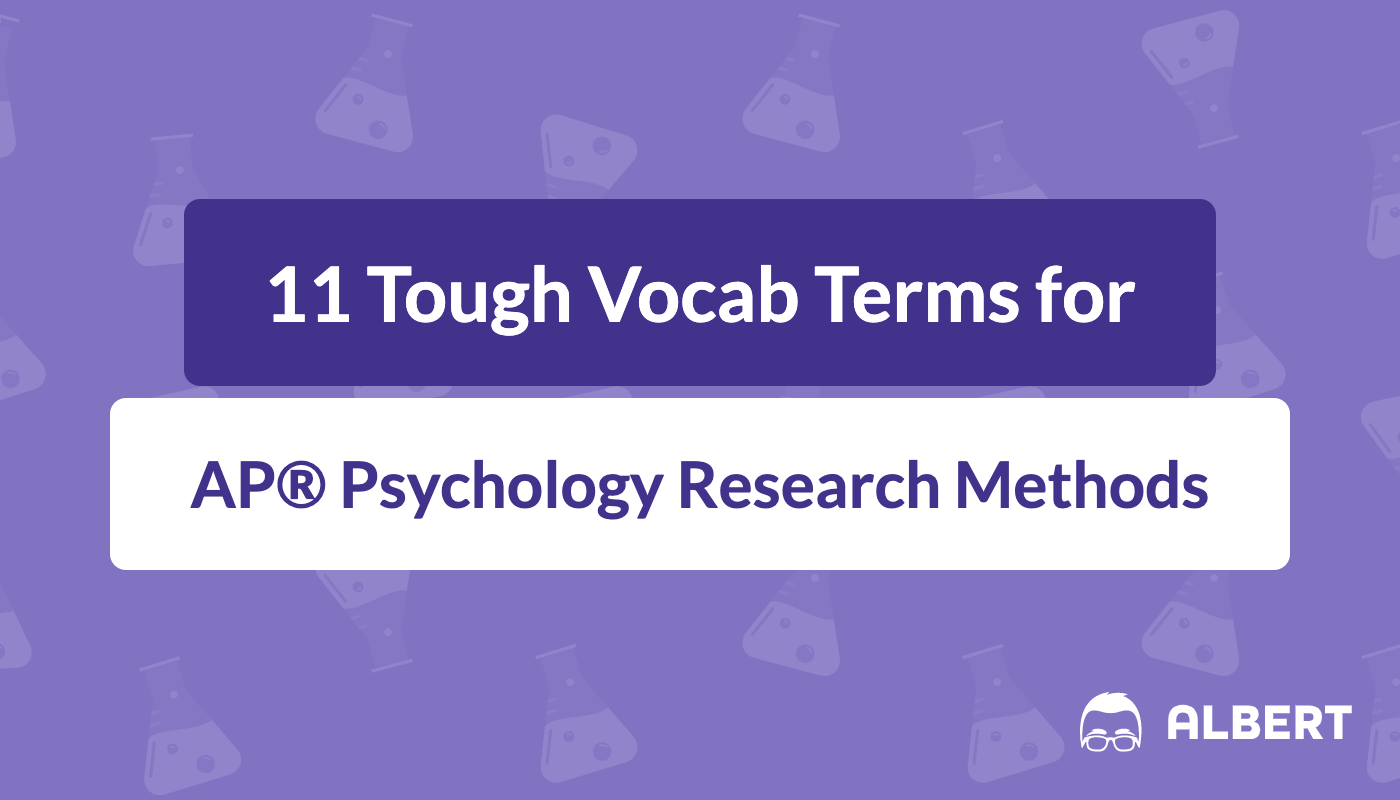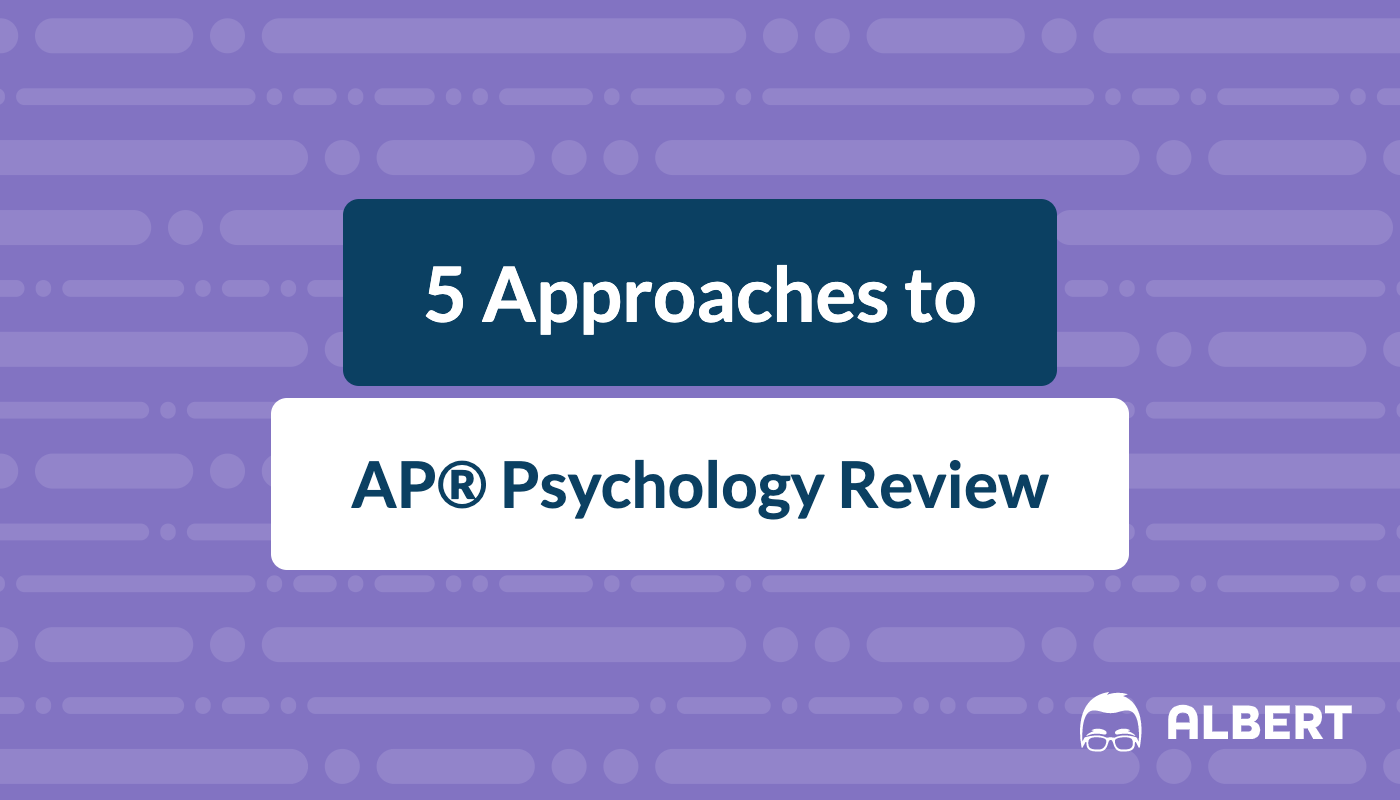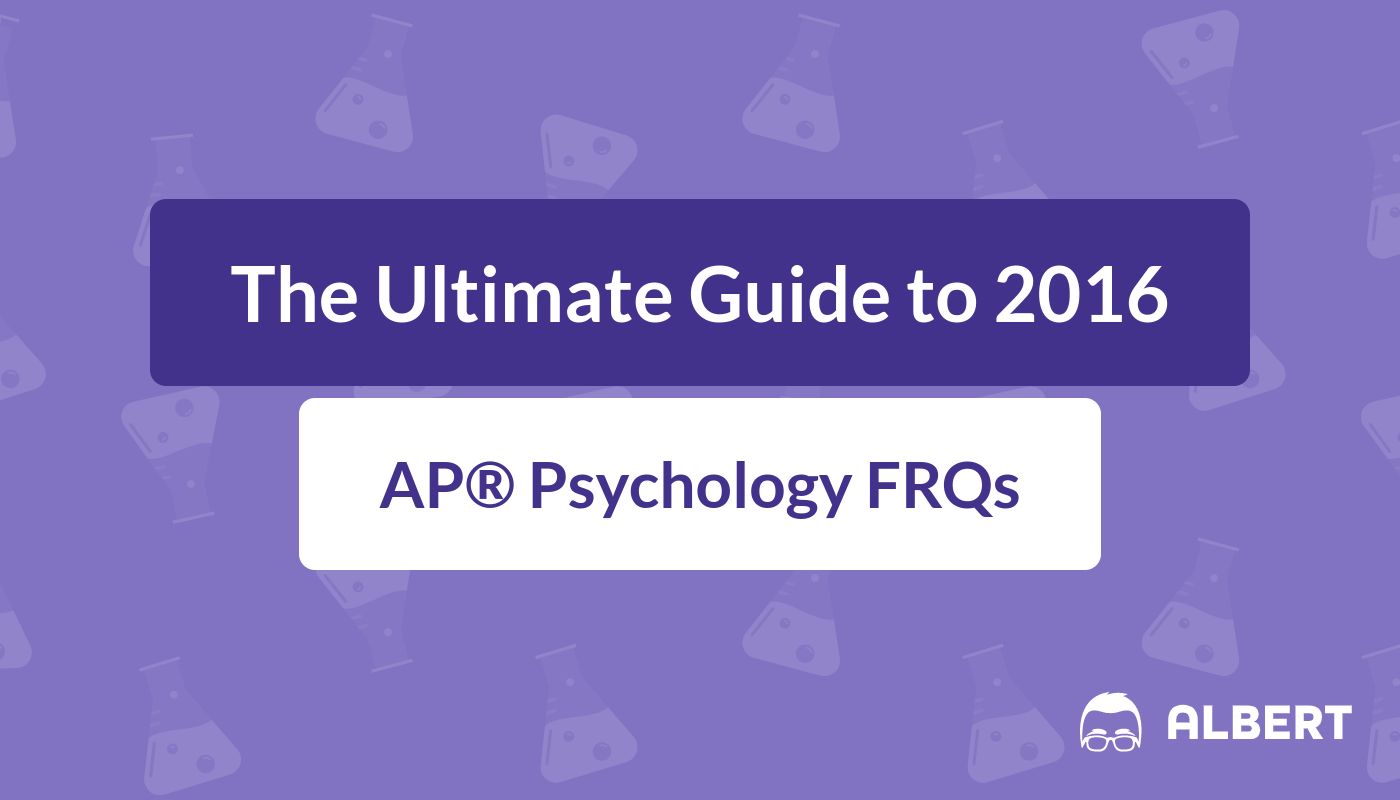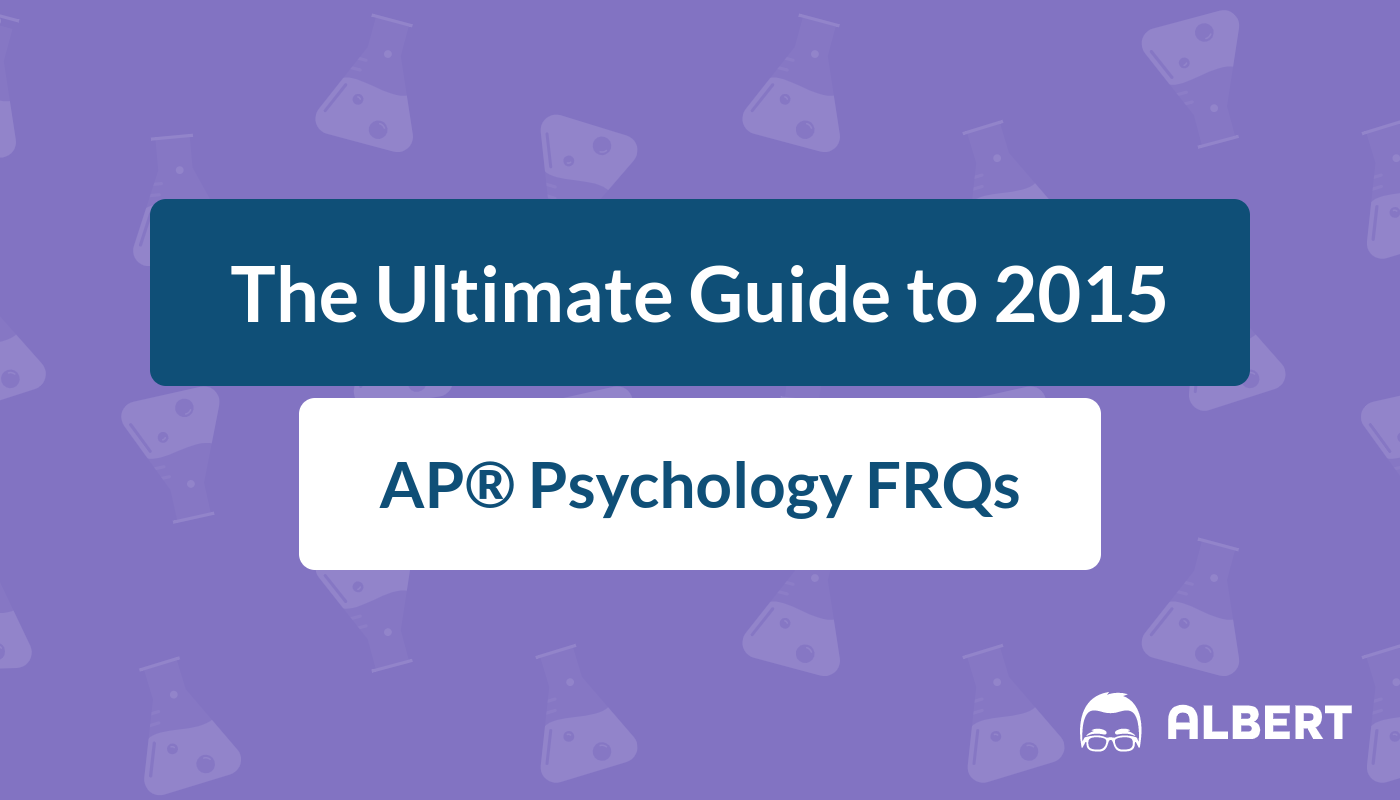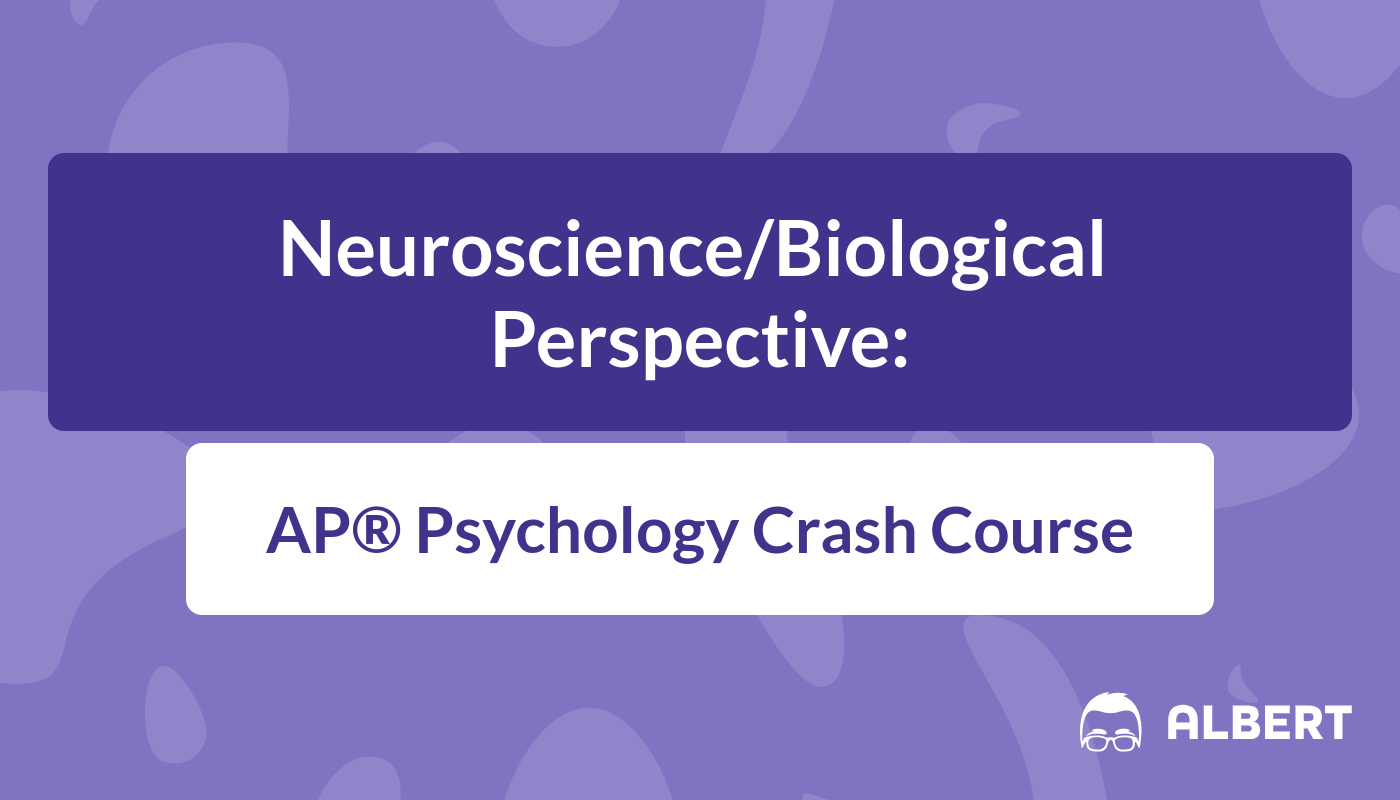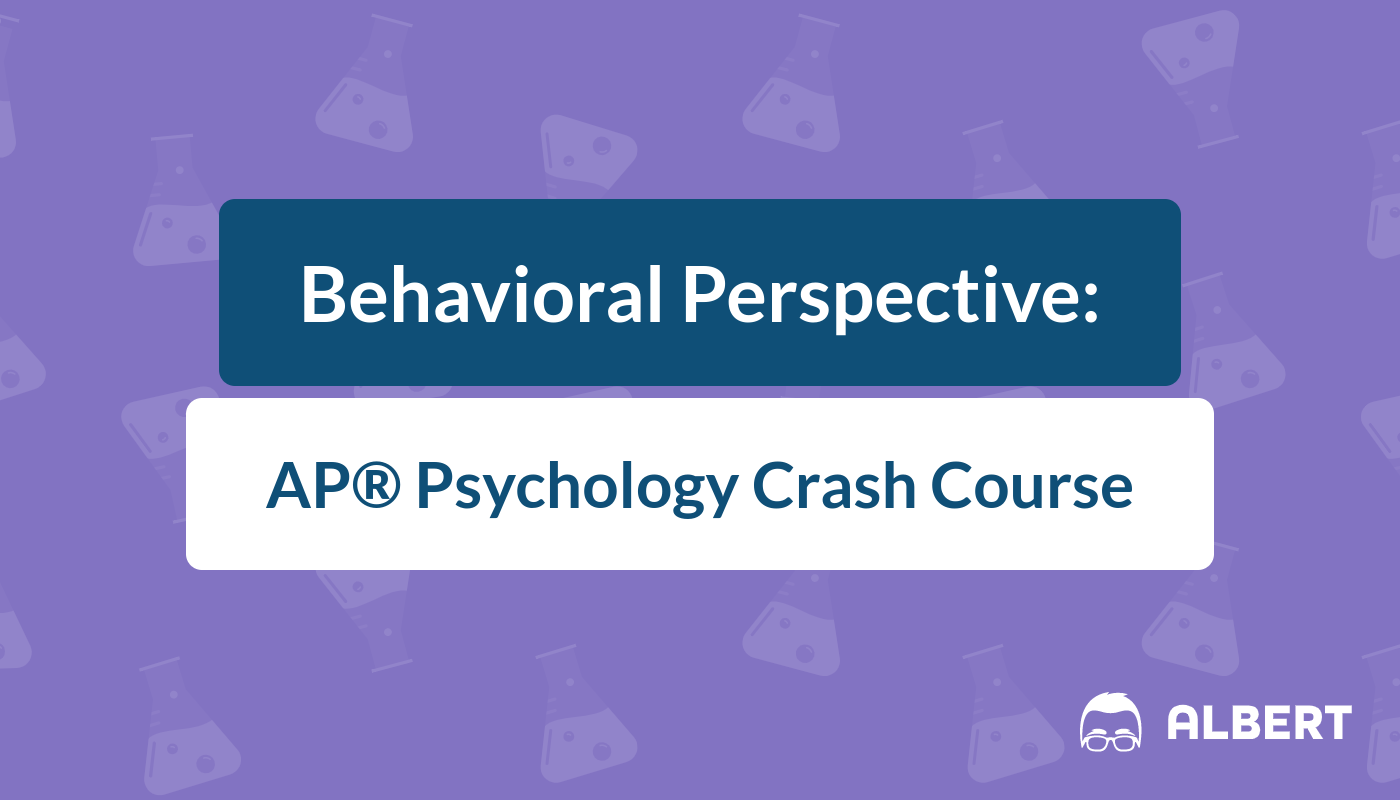The Best AP® Psychology Review Guide for 2025
This post has the best AP® Psychology review guide for 2020’s modified online AP® exams. In it, we answer your questions about the revised format, strategies for taking an online open-book exam successfully, and provide hand-picked practice FRQs for you to study with to help you get a 5.

